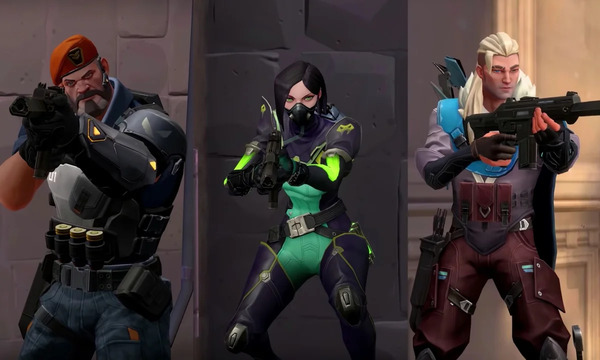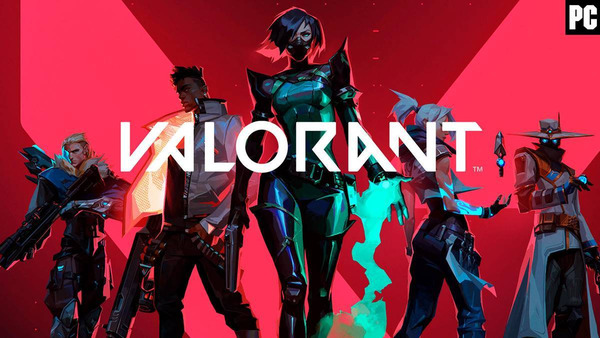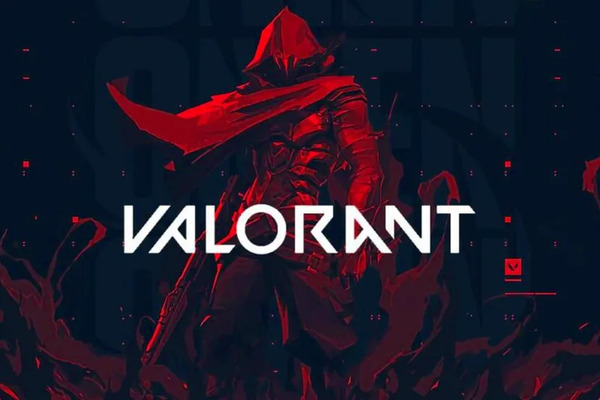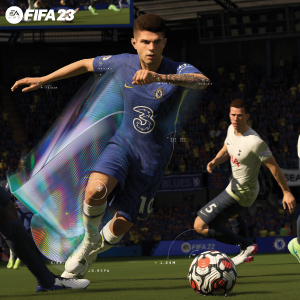Advertisement
Popular Now
Introduction
Valorant is a tactical first-person shooter (FPS) game developed by Riot Games, which quickly gained popularity for its strategic depth, teamwork, and unique hero-based abilities. The game blends precise shooting mechanics with a variety of characters, known as "agents," each with distinct abilities. Valorant is a game that requires not only aim accuracy but also strong team coordination, map knowledge, and tactical thinking. Whether you’re new to tactical shooters or a seasoned player, this comprehensive guide will teach you how to improve your gameplay and climb the ranks, from understanding the game’s mechanics to mastering strategies for different agents.
Understanding the Basics of *Valorant*
Before diving into advanced tactics and strategies, it’s crucial to grasp the basic mechanics of *Valorant*. The game is a 5v5 tactical shooter where two teams alternate between attacking and defending bomb sites. The goal is to plant or defuse the spike (the in-game bomb) or eliminate the opposing team. Each agent has their own set of abilities that can be used strategically to gain an advantage in different situations.Game Modes and Objectives
*Valorant* offers several game modes, but the primary mode is “Plant/Defuse,” where one team attempts to plant the spike at a designated bomb site while the other team defends it. The game is played in rounds, with the first team to win 13 rounds claiming victory. Understanding how the economy works, buying weapons and abilities in between rounds, and coordinating with your team are essential components of success.Agent Roles and Abilities
Each agent in *Valorant* is divided into roles: Duelists, Initiators, Controllers, and Sentinels. These roles shape how each agent contributes to the team’s overall strategy. For example, Duelists are focused on offensive plays, while Sentinels are more defensive, providing support to their team. Abilities range from flashes and smokes to healing and surveillance, giving players flexibility in how they approach a round.Choosing the Right Agent for Your Playstyle
One of the key elements of *Valorant* is selecting the right agent based on your playstyle. Each agent has a distinct set of abilities, and choosing one that complements your strengths is essential. If you prefer aggressive play, Duelists might be the right choice for you. On the other hand, if you’re more comfortable with controlling the battlefield or supporting teammates, Sentinels or Controllers might suit you better.
Understanding Agent Roles
To excel at *Valorant*, you need to understand the role of each agent and how it affects your team’s strategy:- Duelists: Primarily focused on attacking and getting eliminations. Agents like Phoenix, Jett, and Reyna excel in this role.
- Controllers: They control areas of the map with smokes and other crowd control abilities, making them great for setting up strategies. Brimstone and Omen are examples of Controllers.
- Sentinels: These agents provide defensive support by securing locations and healing teammates. Sage and Cypher are classic Sentinels.
- Initiators: Agents that help break through defensive lines and create opportunities for the team to attack. Sova and Breach are key Initiators.
Picking the Right Agent for Your Team Composition
When selecting an agent, it's important to keep team composition in mind. A balanced team typically consists of a mix of Duelists, Controllers, Sentinels, and Initiators. For example, a team might consist of one Duelist, one Initiator, one Controller, and one Sentinel to ensure both offense and defense are well covered. Consider your team's needs and pick accordingly.Mastering the Map Knowledge
 Map knowledge is one of the most important factors in succeeding in *Valorant*. The game currently features a variety of maps, each with unique layouts and characteristics. Learning the layout of each map will help you with positioning, angles, and understanding choke points—areas where players are likely to encounter enemy teams.
Map knowledge is one of the most important factors in succeeding in *Valorant*. The game currently features a variety of maps, each with unique layouts and characteristics. Learning the layout of each map will help you with positioning, angles, and understanding choke points—areas where players are likely to encounter enemy teams.
Key Features of *Valorant* Maps
Every map in *Valorant* has certain areas that are crucial for controlling the flow of the game. Understanding these areas is essential for your team to gain an advantage:- Bomb Sites: Learn the bomb sites and common plant spots for both attacking and defending. For example, in Bind, the A site has multiple plant locations behind boxes and walls.
- Choke Points: These are areas where players tend to encounter each other, such as narrow corridors or open spaces that are easy to control with smokes or flashes.
- Rotating Routes: Knowing how to rotate between bomb sites quickly and effectively is essential, especially if the attacking team decides to fake a push to one site.
Practice Map Control and Sightlines
Sightlines are the angles from which you can see the enemy, and map control is about positioning yourself in such a way that you can control these sightlines. Practicing these aspects will help you make informed decisions about when to peek or hold a position. Spend time exploring each map, understanding how to use every area to your advantage.Gunplay and Accuracy: Tips for Precision
Understanding the Accuracy System
In *Valorant*, the accuracy of your shots is heavily affected by your movement. Moving while shooting greatly reduces your accuracy. To maintain precision, it’s crucial to stop moving before firing. Learning how to strafe and peek without giving up your position can help you control your shots better.Mastering Spray Control and Recoil
Each weapon in *Valorant* has its own recoil pattern, and learning how to control these patterns is key to landing consistent shots. Practice in the shooting range to understand how different weapons behave under sustained fire, and learn to correct the recoil by pulling in the opposite direction.Best Weapons for Different Scenarios
- Vandal: A versatile rifle that’s effective at both short and long ranges, with a consistent recoil pattern.
- Phantom: A fast-firing weapon that excels in close-range combat, with a lower recoil than the Vandal.
- Operator: A one-shot kill sniper rifle that’s great for long-range engagements but requires precision and patience.
Communication and Teamwork
In *Valorant*, success hinges on effective communication and teamwork. Unlike other FPS games where individual skill might carry a team, *Valorant* places heavy emphasis on strategy, coordination, and communication. Being able to share critical information with your team, call out enemy positions, and execute strategies is essential for securing victories.How to Communicate Effectively
Use your microphone to call out enemy positions, report important events like spike planting, or request help. It’s also important to listen to your teammates’ calls and act accordingly. In addition to verbal communication, *Valorant* also has a ping system that can be used to mark locations and request items.Using the Ping System
- Ping for Locations: Mark where enemies are or where you plan to go.
- Requesting Help: Use the ping system to ask teammates for backup or assistance with specific objectives.
- Spike Pings: Alert teammates when the spike has been planted or is being defused.


















